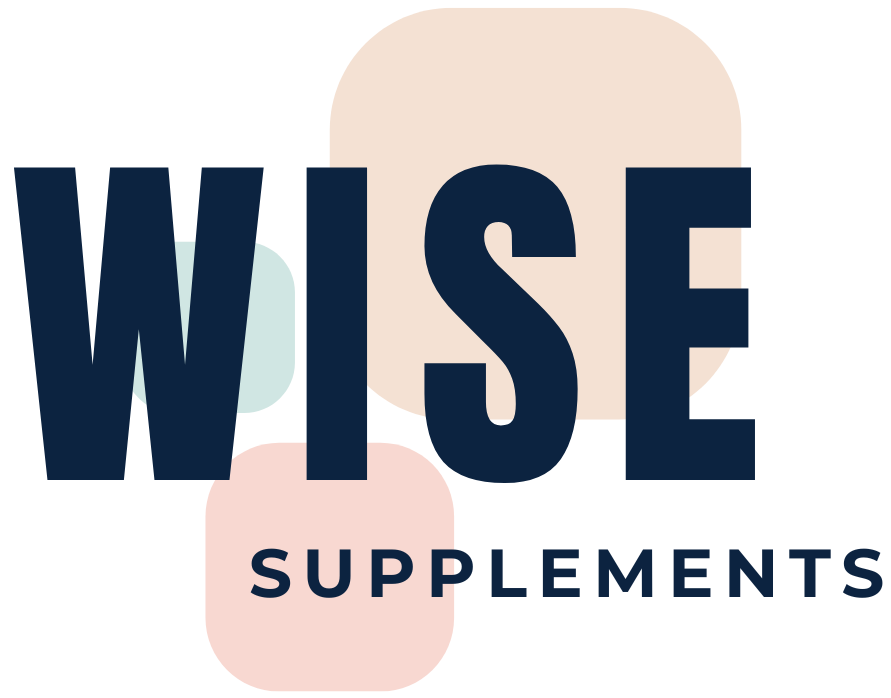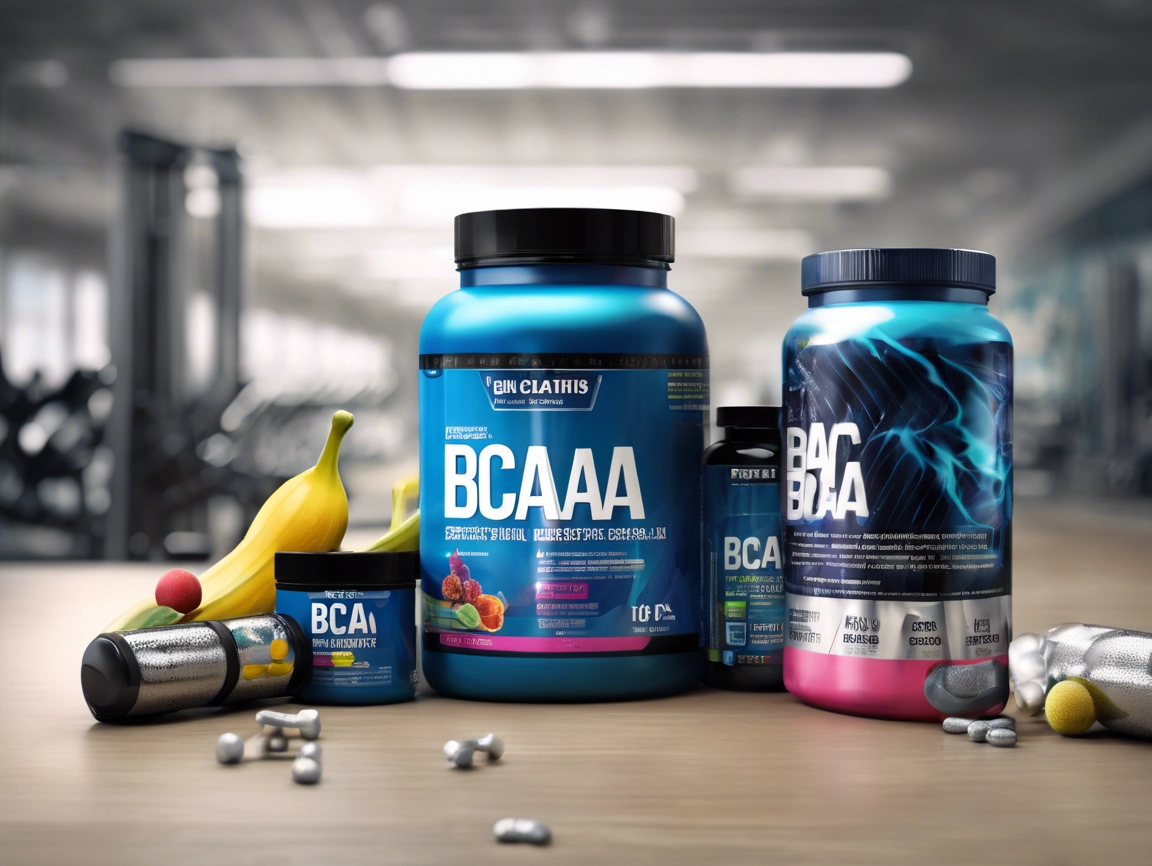Glutathione: The Master Antioxidant
Overview
Glutathione is a powerful antioxidant found in every cell of the human body. Composed of three amino acids: cysteine, glutamine, and glycine, this tri-peptide plays a crucial role in various physiological processes, particularly in protecting cells from oxidative stress. Oxidative stress is linked to numerous health issues, including aging, cancer, and neurodegenerative diseases. In recent years, health supplements containing glutathione have gained popularity among individuals seeking to enhance their overall health and wellness.
History
The discovery of glutathione dates back to 1888, when it was first identified by the French chemist Fritz Haber. However, its biological significance was not understood until the mid-20th century. By the 1970s, researchers had begun to uncover the role of glutathione in detoxification, immune function, and cellular protection. Scientific studies indicated that glutathione levels are significantly depleted in many diseases, leading to a surge of interest in the potential therapeutic benefits of glutathione supplementation.
Uniqueness of Glutathione
What makes glutathione particularly special is its ability to regenerate other antioxidants, such as vitamins C and E. This offers a multi-faceted defense against free radicals and oxidative damage, providing a more robust protective mechanism than many other antioxidants can provide. Moreover, glutathione is involved in numerous cellular processes, including:
- Detoxification: Glutathione binds to toxins, making them easier for the body to eliminate.
- Immune Function: It bolsters the immune system by supporting the proliferation and activity of lymphocytes, critical players in the immune response.
- DNA Synthesis and Repair: Glutathione is essential for the synthesis of DNA, aiding in cellular replication and repair.
Health Benefits of Glutathione
Different studies have outlined the wide-ranging benefits of glutathione, making a strong case for its inclusion in health supplements. Some of these benefits include:
1. Enhanced Antioxidant Protection
Glutathione acts as a front-line defense against oxidative stress. Research has shown that supplementing with glutathione can increase the levels of this crucial antioxidant within cells, thereby improving the body’s ability to combat free radicals. A study published in the journal Frontiers in Nutrition describes how elevated glutathione levels can decrease the risk of chronic diseases associated with oxidative damage.
2. Detoxification Support
The liver is the body’s primary detoxification organ, and glutathione is essential for its function. Supplementing with glutathione can enhance liver health by supporting the removal of heavy metals, pollutants, and other toxins. A study published in the Journal of Nutritional Biochemistry highlights the role of glutathione in enhancing liver function, further emphasizing its importance in detoxification.
3. Immune System Booster
A strong immune system is vital for maintaining overall health. Glutathione supports the immune system by enhancing the proliferation and activity of T cells. It also prevents oxidative damage to immune cells, potentially reducing the risk of infections. Research in the Journal of Immunology suggests that individuals with higher glutathione levels experience improved immune responses.
4. Skin Health
Glutathione has also garnered attention in the beauty world for its skin health benefits. It is known for its skin-brightening properties due to its ability to inhibit melanin production. Many skin care products now include glutathione as a key ingredient, and oral supplements have emerged as a popular option for achieving a radiant complexion. A study published in the Dermatologic Therapy demonstrated the efficacy of glutathione in improving skin tone and reducing pigmentation.
5. Anti-Aging Effects
As we age, the levels of glutathione in our bodies tend to decline, leading to increased oxidative stress and age-related diseases. Supplementing with glutathione could potentially slow the aging process by combating oxidative damage and improving cellular health. Some studies, like those featured in the journal Antioxidants, suggest that glutathione plays a pivotal role in both the prevention of age-related decline and the restoration of youthful vitality.
Forms of Glutathione Supplements
Glutathione supplements come in various forms, each offering its own unique set of benefits and potential drawbacks. Understanding these differences can help individuals make informed decisions regarding supplementation.
1. Oral Supplements
Oral glutathione supplements are the most common form available in health stores. They typically come in capsules or powder form. While they are generally considered safe and easy to consume, there is some debate about their bioavailability — the extent to which glutathione is absorbed into the bloodstream. Some studies suggest that oral consumption may result in only a small percentage being effectively utilized by the body, leading to questions about their overall effectiveness.
2. Liposomal Glutathione
A newer and more advanced version of oral supplements is liposomal glutathione. This form is encapsulated in liposomes, tiny spherical structures made of phospholipids that enhance absorption. They allow for better delivery of glutathione into cells, making them more effective than traditional oral supplements. Research featured in Antioxidants supports the use of liposomal formulations due to increased bioavailability and absorption.
3. Intravenous (IV) Glutathione
For individuals seeking rapid results, intravenous glutathione is an option often utilized in clinical settings. This method delivers glutathione directly into the bloodstream, ensuring near-immediate effects. IV administration can be particularly beneficial for those with specific health conditions requiring higher doses or faster action. However, the procedure must be performed by trained professionals, which may not be practical for everyone.
4. Topical Glutathione
Topical applications of glutathione are primarily found in skincare products. These formulations aim to provide localized benefits, such as reducing hyperpigmentation and improving overall skin texture. While many users report positive effects, the variability in product formulation can result in differing levels of effectiveness. It’s essential to select high-quality products backed by clinical evidence.
Pros and Cons of Glutathione Supplements
As with any supplement, there are pros and cons to consider when contemplating the addition of glutathione to your health regimen. Recognizing these factors can assist you in making an educated decision.
Pros:
- Potent Antioxidant: Glutathione can effectively combat oxidative stress, offering protective benefits against a myriad of diseases.
- Supports Detoxification: It aids the liver in detoxifying and eliminating harmful substances.
- Enhanced Immune Function: The antioxidant helps maintain a strong and responsive immune system.
- Skin Brightening: Glutathione can improve skin tone and reduce pigmentation, appealing to beauty enthusiasts.
- Anti-Aging Benefits: Potentially helps counteract age-related decline in cellular health.
Cons:
- Variable Bioavailability: The effectiveness of oral supplements in increasing glutathione levels can vary significantly among individuals.
- Cost: High-quality supplements, especially liposomal or IV forms, can be more expensive than standard supplements.
- Potential Side Effects: Some individuals may experience gastrointestinal discomfort or allergic reactions. It is essential to consult a healthcare professional before starting supplementation.
- Need for Consistency: For optimal benefits, regular supplementation may be required.
Conclusion
Glutathione, often referred to as the “master antioxidant,” is a powerful compound with numerous health benefits ranging from detoxification to skin health. As people become more health-conscious, the demand for effective supplements like glutathione is on the rise. However, with any supplement, consumers must exercise caution and do their research. Factors such as the form of glutathione, potential side effects, and individual health needs are critical considerations.
For those interested in fortifying their health, improving skin appearance, or supporting detoxification processes, glutathione supplementation may be a worthy addition to consider. With various formulations available on the market, you will want to choose products that have been scientifically validated and are of high quality.
As with any health decision, consult with a healthcare professional to tailor supplementation to your unique needs and circumstances. By combining glutathione supplements with a balanced diet, regular exercise, and healthy lifestyle choices, individuals can aim to maximize their well-being and thrive in their daily lives.
For further reading, explore more about the role of antioxidants and health supplements through reputable sources such as the Healthline, the National Institutes of Health, and other scientific journals.

